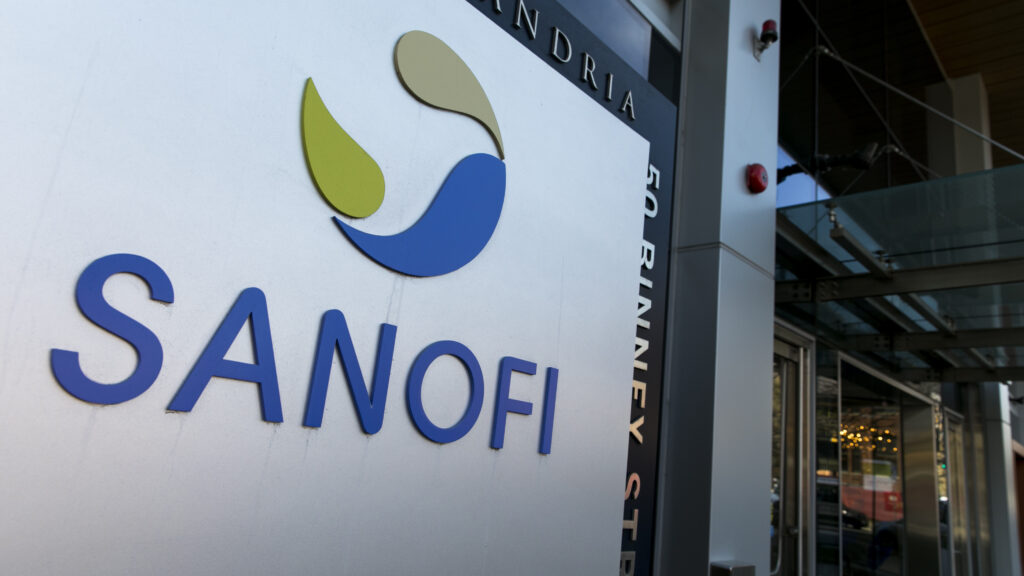A U.S. appeals court revived a controversial lawsuit brought by nearly two dozen people who claimed they were harmed by a contaminated rare disease medicine sold by a Sanofi subsidiary and a subsequent rationing plan that only worsened their health. And if some upcoming procedural hurdles are cleared, the suit may shine a light on an unusual patient dilemma when a drug is in short supply.
The case stems from a troubling episode involving Genzyme which, at one point, sold the only treatment in the U.S. to combat Fabry disease, a rare neurological disorder that causes heart and kidney problems. But a pair of high-profile manufacturing gaffes discovered more than a decade ago led to a long-running legal battle with patients, a debate over handling drug shortages, and, ultimately, a takeover by Sanofi.
advertisement
The difficulties began in June 2009, when viral contamination was found at a facility, prompting Genzyme to suspend production and ration supplies of its drug, called Fabrazyme. A few months later, Food and Drug Administration inspectors found stainless steel fragments, rubber from vial stoppers, and fiber-like material from the manufacturing process. The discovery exacerbated the shortages.
Get unlimited access to award-winning journalism and exclusive events.

